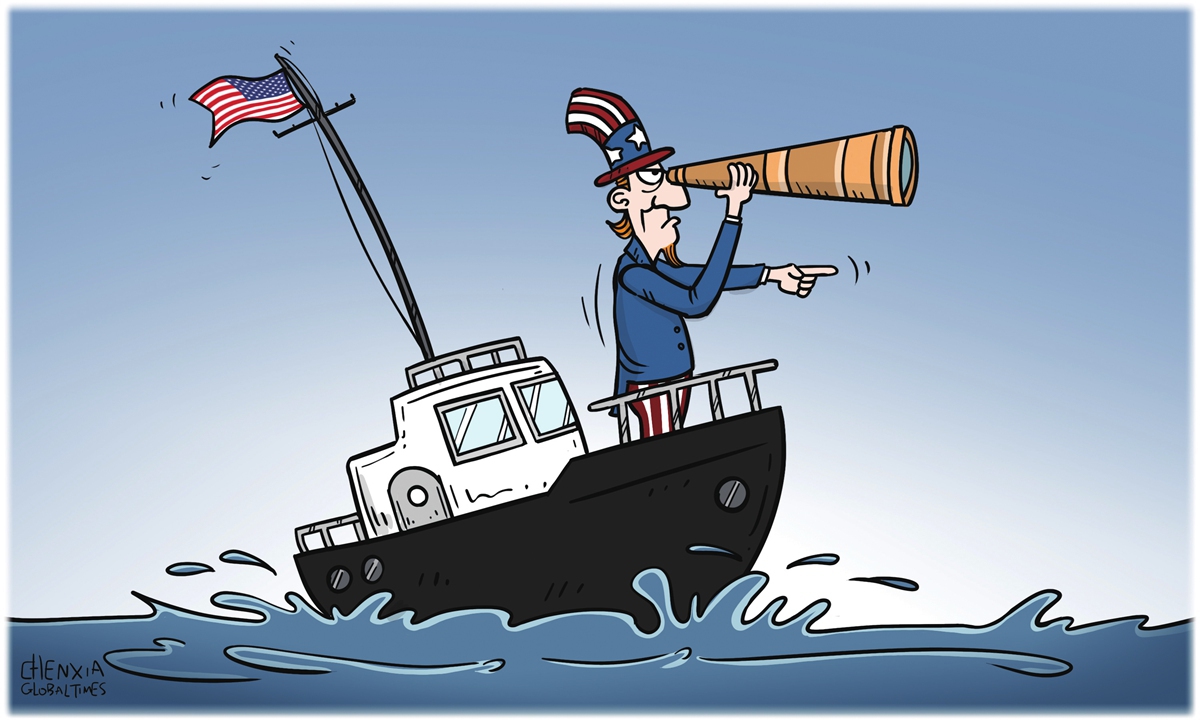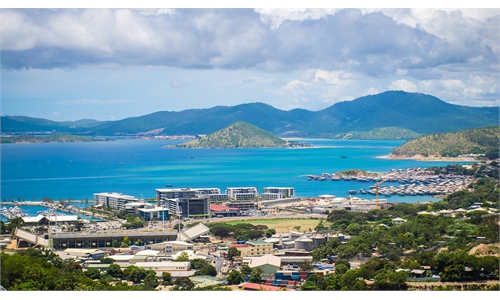Experts warn of US 'weaponizing' Pacific Island countries as Washington declares progress on defense treaty with PNG

US Asia-Pacific Illustration: Chen Xia/GT
The US is weaponizing the Pacific Island Countries (PICs) and trying to set up an anti-China front to serve America's adventurism, experts warned on Monday, following the US announcement that it has made "substantial progress" with Papua New Guinea (PNG) on the text of a defense cooperation agreement (DCA).Experts said allowing a US military presence in the area is like "opening a sheep pen to wolves," adding that cooperations on peace, development and climate change are more important agendas for regional countries.
According to a release recently made public by the US Department of State, negotiators from the department and PNG's Department of Foreign Affairs held negotiations from February 6 to 10 in Honolulu, Hawaii, over a defense cooperation agreement that would strengthen security cooperation between the two countries.
The US and PNG have made substantial progress on the text of the DCA on mutual understanding of core issues, the US release said, without disclosing more about the content.
Although the word "China" does not appear on the US statement, observers and media saw the US' target as an open secret. Reuters remarked that the negotiations came amid "mounting concern" over the Taiwan question and South China Sea disputes.
Chen Hong, an expert on Australian and PIC studies at East China Normal University, told the Global Times on Monday that the US has always hyped up the "China threat" to develop an actual US deterrence.
Before the announcement on the defense treaty with PNG, the US said on Friday that it had signed an MoU with Micronesia on assistance, paralleling negotiations on further access for the US to the country for defense purposes.
PICs should be very wary of the US weaponizing the region and leaving it at risk of a potential military confrontation in exchange for some US economic favors, Chen said.
The US is attempting to mobilize countries in the West Pacific from south to north to create an anti-China front and serve American military adventurism, using them as logistics, military bases, or as cannon fodder, Chen said.


